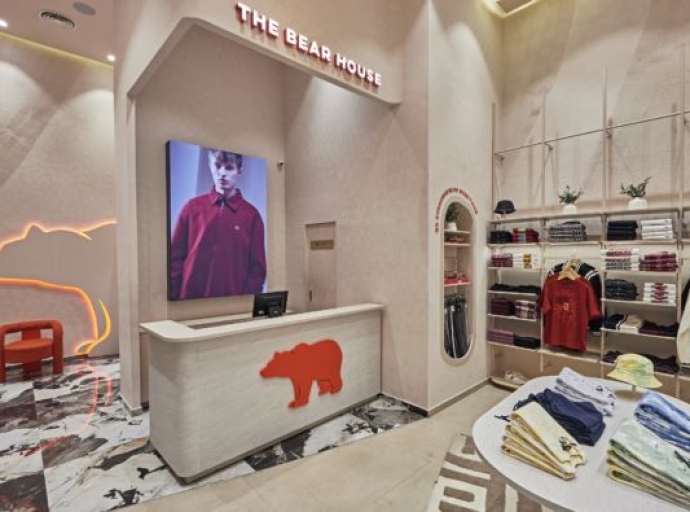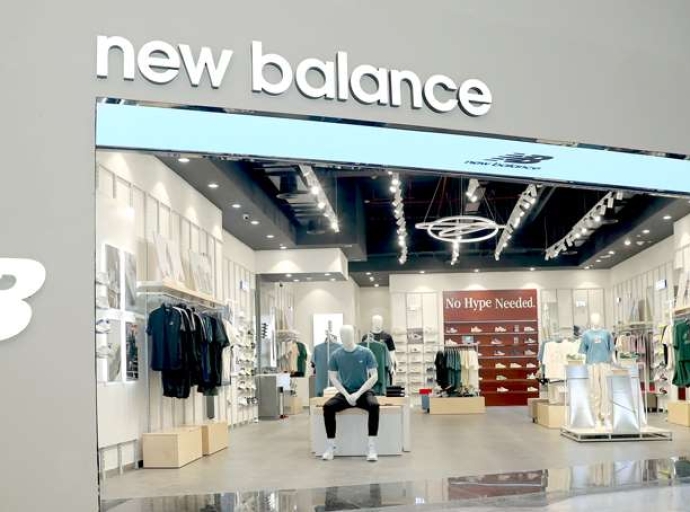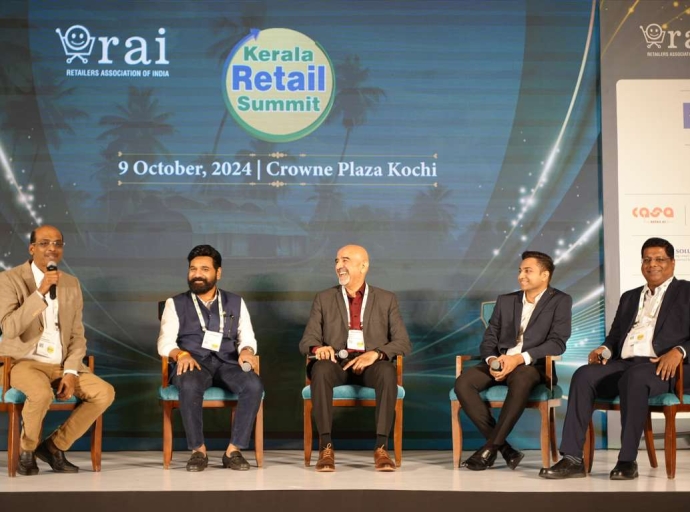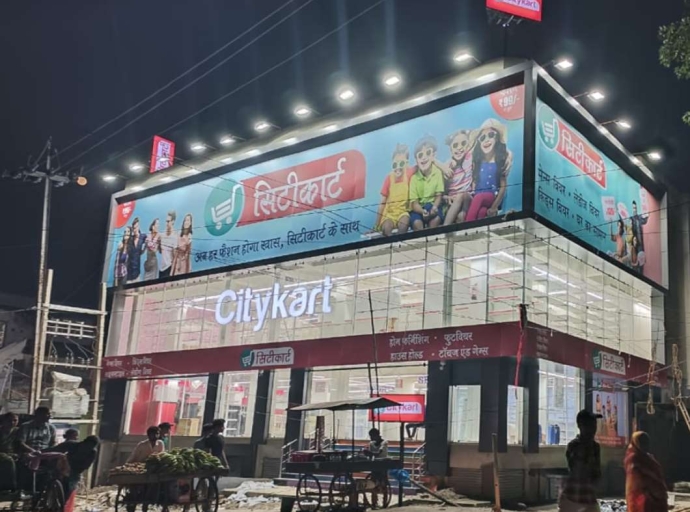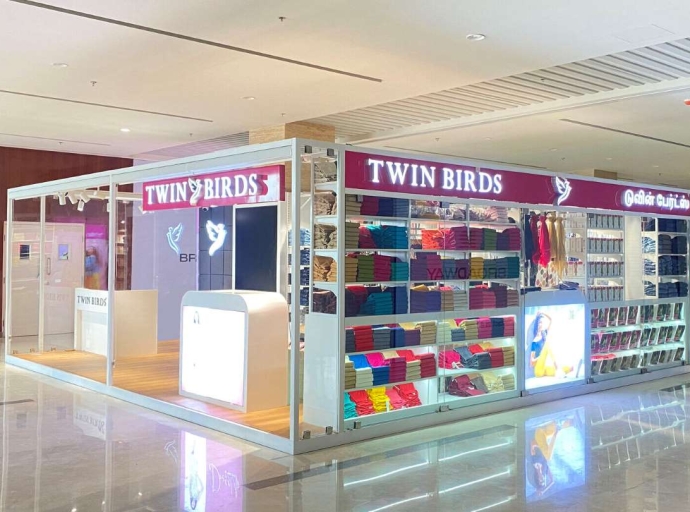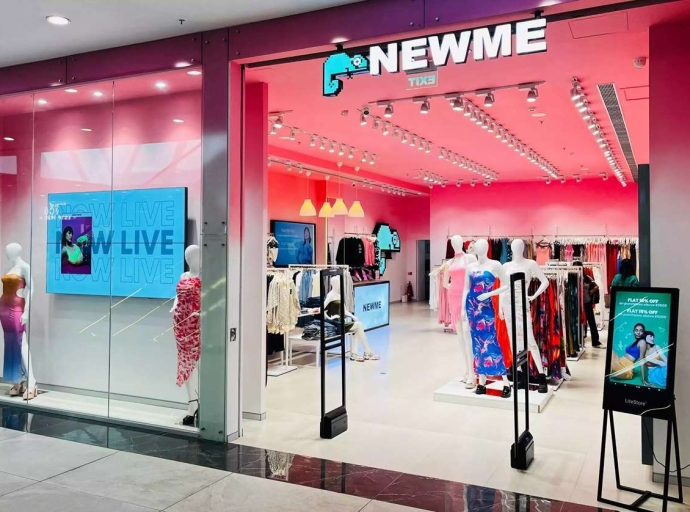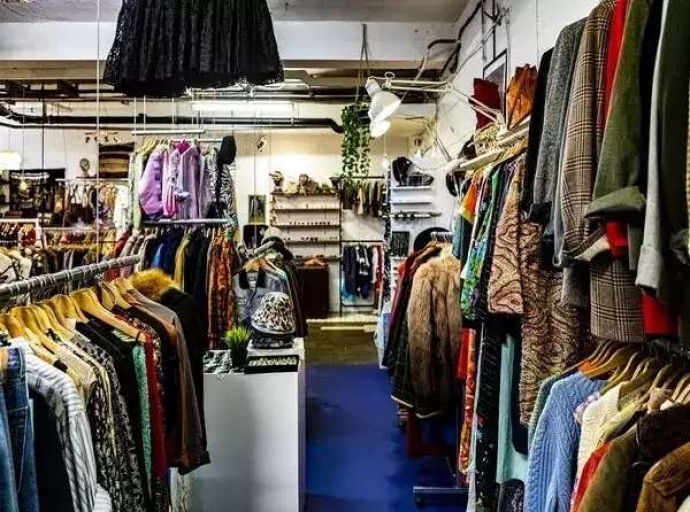A recent report by Cushman & Wakefield has shed light on the pressing issue of India's limited retail space, particularly compared to its South Asian counterparts. The report highlights a substantial gap in the Retail Space Per Capita (RSPC) and underscores the urgent need for significant expansion in the sector. India's RSPC, currently is at a dismal 2.8 sq ft per person. This falls considerably behind other South Asian nations such as Indonesia (1.0), the Philippines (0.7), Thailand (0.9), and Vietnam (0.4). This disparity highlights the vast potential for growth in India's retail sector.
City-wise breakdown
Hyderabad, leads the pack with an impressive RSPC of 4.7 sq ft per capita, showcasing its thriving retail scene. The city's impressive RSPC can be attributed to several factors, including a growing IT sector, rising disposable incomes, and planned retail developments like Sarath City Capital Mall. Pune follows closely with 4 sq ft per capita, reflecting its growing consumer base and retail expansion. Retail growth is getting a boost from the young population, increased urbanization, and the influx of international brands. Phoenix Marketcity Pune stands as a testament to the city's retail dynamism.
Bengaluru stands at 3.8 sq ft per capita, indicating a robust retail market. The thriving retail scene is driven by its cosmopolitan population, strong IT sector, and the presence of major retail players like Orion Mall and Mantri Square Mall. Chennai records 3.6 sq ft per capita, showcasing steady growth. Mumbai maintains a healthy 3.2 sq ft per capita, despite space constraints. Delhi NCR stands at 2.7 sq ft per capita, revealing room for further retail development.
And Kolkata records 2.2 sq ft per capita, indicating potential for retail expansion.
Metro’s face space crunch
The report reveals, despite being major metropolitan areas, Mumbai and Delhi-NCR are facing acute shortages in quality retail space. This is particularly evident in the lack of Grade-A malls, which are essential for attracting international brands and providing a world-class shopping experience. The report also points to a growing demand for organized retail spaces in Tier-II and Tier-III cities. However, the lack of adequate infrastructure and investment poses a significant challenge to expansion in these areas.
In fact, select malls like Phoenix Marketcity in Mumbai and DLF Mall of India in Noida have demonstrated the potential for success in the Indian retail market. These malls have achieved high occupancy rates and strong footfall by offering a diverse mix of brands, entertainment options, and a premium shopping experience. On the other hand, several malls across the country are grappling with low occupancy rates and declining footfall. This can be attributed to factors such as poor location, inadequate tenant mix, and a lack of innovation in design and offerings.
The Cushman & Wakefield report serves as a wake-up call for industry stakeholders. To bridge the RSPC gap and meet the growing demand for retail spaces, a concerted effort is required from developers, investors, and policymakers. It shows significant investment is needed to develop Grade-A malls and other organized retail formats across the country. Expansion in Tier-II and III cities must be prioritized to tap into the vast untapped potential in these areas. Meanwhile malls need to differentiate themselves by offering unique experiences, focusing on entertainment and leisure activities, and adopting innovative design and technology. Government policies need to be streamlined to facilitate faster approvals and encourage investment in the retail sector.
India's retail sector is poised for significant growth in the coming years. However, to realize its full potential, the industry must address the pressing issue of limited retail space. The Cushman & Wakefield report provides valuable insights into the challenges and opportunities facing the sector and calls for a concerted effort from all stakeholders to bridge the RSPC gap and create a thriving retail ecosystem in India.

